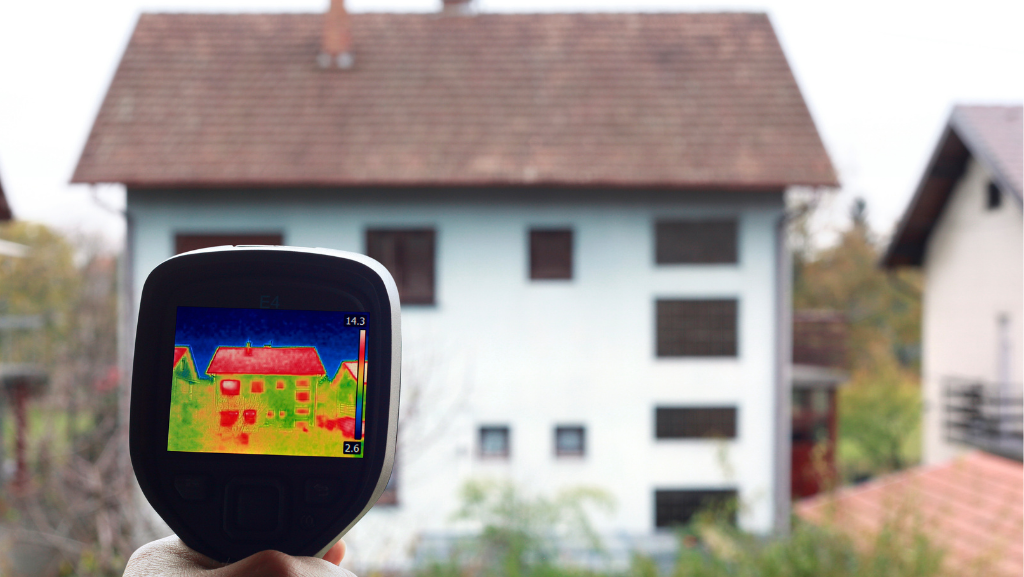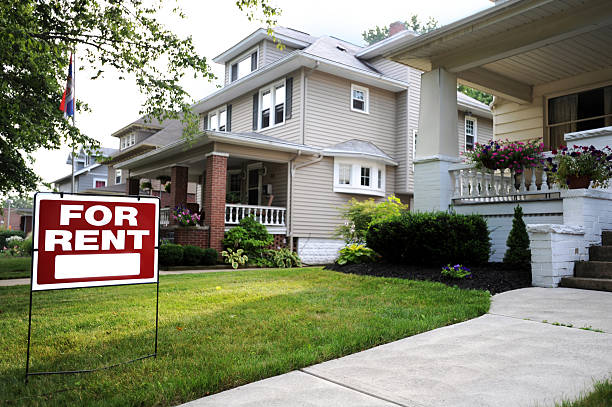A home energy efficiency evaluation is a valuable tool for homeowners looking to reduce their energy consumption and save money on their utility bills. This comprehensive assessment helps identify areas where your home is losing energy, such as through air leaks, inefficient insulation, and outdated appliances.
What Happens During a Home Energy Efficiency Evaluation?
During a home energy efficiency evaluation, a trained professional will conduct a thorough inspection of your home. This may include:
- Visual inspection: The evaluator will visually inspect your home’s exterior and interior, looking for signs of air leaks, such as cracks in the foundation, gaps around windows and doors, and missing or damaged insulation.
- Blower door test: This test measures the air leakage in your home by creating a slight pressure difference and measuring the amount of air that escapes.
- Infrared thermography: An infrared camera is used to detect temperature differences in your home’s walls and ceilings, which can help identify areas of heat loss.
- Duct testing: If your home has a forced-air heating or cooling system, the evaluator may test the efficiency of your ductwork to identify any leaks or blockages.
- Appliance efficiency checks: The evaluator may also check the energy efficiency of your major appliances, such as your refrigerator, dishwasher, and washing machine.
Benefits of a Home Energy Efficiency Evaluation
A home energy efficiency evaluation can provide a number of benefits, including:
- Reduced energy costs: By identifying and addressing areas of energy loss, you can significantly reduce your energy consumption and lower your utility bills.
- Increased comfort: A more energy-efficient home is often a more comfortable home. By improving insulation and sealing air leaks, you can create a more consistent temperature throughout your home, making it more comfortable in both the summer and winter.
- Improved indoor air quality: Many energy-efficiency upgrades, such as installing a high-efficiency HVAC system, can also improve indoor air quality.
- Increased home value: Energy-efficient homes are often more appealing to buyers, which can increase your home’s resale value.
Finding a Qualified Home Energy Evaluator
When choosing a home energy evaluator, it’s important to find a qualified professional. Look for an evaluator who is certified by a reputable organization, such as the Building Performance Institute (BPI). You can also ask for referrals from friends, family, or your local utility company.
Taking Action After Your Home Energy Efficiency Evaluation
Once you have received your home energy efficiency evaluation report, you can begin to implement the recommended upgrades. Some common energy-efficiency upgrades include:
- Air sealing: Sealing air leaks around windows, doors, and other openings.
- Insulation: Adding insulation to your attic, walls, and floors.
- Upgrading your HVAC system: Replacing your old, inefficient HVAC system with a new, high-efficiency model.
- Installing energy-efficient windows and doors: Replacing old, drafty windows and doors with new, energy-efficient models.
- Upgrading your appliances: Replacing old, energy-inefficient appliances with new, Energy Star-certified models.
By taking action on the recommendations from your home energy efficiency evaluation, you can make your home more energy-efficient, comfortable, and environmentally friendly.




